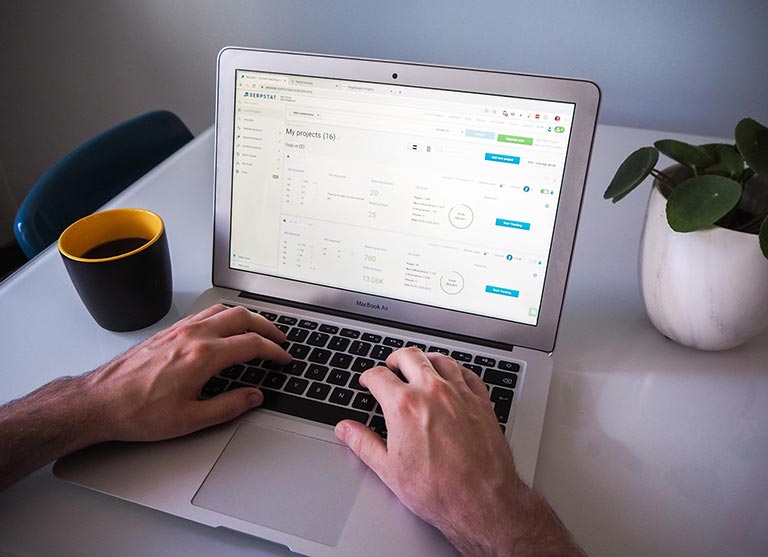Cloned websites have become popular in recent years, as they suggest a way to create a replica of an existing website. It can be helpful for some reasons, including creating a backup of a site or duplicating the one for use in another language. This article will consider whether it is a worthy idea to clone a website or if you should avoid doing it. Come along!

What Is the Purpose of a Cloned Website?
A cloned website is an exact duplicate of another website. Forbes calls it one of the ways to save money for starters. Developers do it for many reasons, starting from copying someone else’s work to simply creating a new site with the same content in another language as an existing one.
Cloning can be done manually by copying and pasting all the HTML and CSS code from one site to another, or it can be done automatically using software that will do all the required work for you. Regardless of how it’s done, a cloned website is an identical copy of another site.
What Are the Pros?
There are several pros to cloning a website:
- The cost to build a website is high and takes time; people benefit from the copypaste.
- Creating backups or duplicates of sites in case something happens to the original is also an advantage. Cloning can also help create development or staging versions of websites. It can help test new features or make changes before they go live on the leading site.
- Cloning is a way to create an identical copy of a website for personal use or another person or organization.
If you decide to try it out, check the Codecademy article for more details on how to do it correctly.
What Are the Cons?
There are also potential drawbacks to cloning a website.
Difficult to update all the cloned websites
For one thing, it can be challenging to keep the two versions of the site in sync, which can lead to confusion and errors. Additionally, if the original site is updated, the clone may not reflect those changes unless updated manually.
Cloned websites and their SEO rate
It’s no secret that cloned websites are becoming more and more common. But what is the impact of these cloned websites on SEO? There are a few things to consider regarding cloned websites and their SEO rate.
Lower SEO ranking
First, it’s important to note that cloned websites are often created to rank high in search engine results. Unfortunately, they usually stuff their pages with keywords and content to game the system.
This approach can backfire; you can see it by tracking the metrics yourself or with business analysis services. Google and other search engines are improving at identifying cloned websites and giving them lower rankings. It is because cloned websites provide a poor user experience and offer little value to searchers.
Short duration
Another thing to consider is that cloned websites often only stay up for a short time. It is because they are quickly identified and taken down by the original website’s owners. It can hurt the cloned website’s SEO, as it will likely be removed from search engine results pages (SERPs) before it has a chance to rank well.

Cloned websites can hurt SEO. Therefore, considering creating a cloned website, it’s crucial to weigh the pros and cons before proceeding.
So, Should One Clone a Website?
Ultimately, whether or not you should try creating a cloned website depends on your specific needs and circumstances. It may be worth considering if you have a good reason for doing so and are confident that you can manage the cloning process effectively. However, it may be best to consult a web development expert before proceeding if you are still determining whether it is the right solution.
We hope you’ve got new ideas and inspiration to make good decisions for your business. Good luck!



Leave a comment
Have something to say about this article? Add your comment and start the discussion.